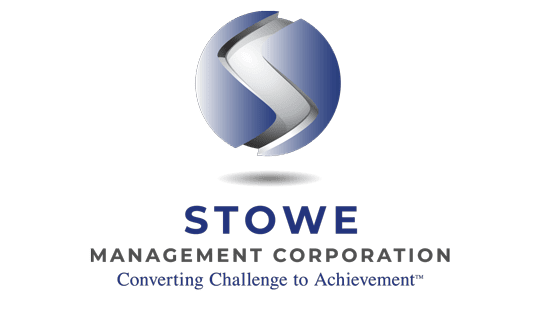In the September 2019 edition of California CPA magazine, “New Realities & Perspectives of Public Accounting: What Are You Doing for your Future?” asked the CPA profession and business in general to address hard questions regarding realities of their business models.
How prepared are businesses for the future?
Some key yet basic questions were asked:
- Are current realities presenting crisis or opportunity?
- Will Artificial Intelligence take our jobs and businesses?
- Have accounting and tax work become commodities?
- How can we avoid price-shopping prospects and retain good clients?
- What do team members need and want?
- How will we retire successfully?
- How can we make it all work?
These do present challenges and, to some, might seem to be crisis. Do we need to change our perspective?*

- Make conversations/interactions the foundation of every aspect of business.
- Change focus to relationships that support using technology in a more human way; collaboratively, people can more effectively overcome challenges successfully and help create a future everyone wants.
- Embrace cornerstones (foundational components) to build a business model where conversations and relationships are the integral focus to support delivery of high-quality services on target, clearly appropriate to the need, with an emphasis for consideration of others. These cornerstones help shift the future by our being connective, interactive, engaging and, most importantly, proactive:
- Differentiation
- Human Capital or Human Potential
- Client Relationships
- Community Outreach*
Though published ahead of the pandemic, the lessons here highlighted needs for remote, enhanced technology, new business models, better communication models inside and outside the business.
The focus of the article was proactive but, with the pandemic, it was essential to be reactive; for the long-term, the need is to get into a more proactive mode. Those businesses, those firms already operating remote in some ways before the pandemicdid much better because they could shift gears instead of needing to pivot and change directions.
Today, the questions get bigger because the landscape has, in many ways, become more complex with recruitment more challenging, team member development and training more diverse. With human issues more front and center with DEI integration and mental health realities, what is the best business model for our clients and team members in a world-wide political landscape that defies identification and solidification?
All these actions/improvements (along with challenges that existed before 2020) would do better with a more grounded approach in place to create a more stable environment. A more stable foundation is created where change doesn’t happen to us but, instead, helps us to create change that meets all our needs, not just respond to crisis upon crisis.
To quote Peter Drucker: “The best way to predict the future is to create it.”
I look forward to hearing your thoughts about how next steps might be important.
Please read the original article: New Realities & Perspectives of Public Accounting: What Are You Doing for Your Future (Pages 11 to 13).
(*) Quotes from September 2019 edition of California CPA magazine, New Realities & Perspectives of Public Accounting: What Are You Doing for your Future?
Join Us!
Receive our Newsletter. Benefit from Mark H. Fowler’s progressive insights for your success, you can subscribe for free and receive Mark’s valuable experience in Business Consulting, Crisis Management, Managing Growth & Profitability, Mergers & Acquisitions, Succession Planning, Systems & Operational Analysis and more.
Over the years, I have worked with many good corporate citizens, who know that many lives depend on the way they do business. In the process, not only have these businesses and organizations been more successful, but we have all had fun along the way.” –Mark H. Fowler

